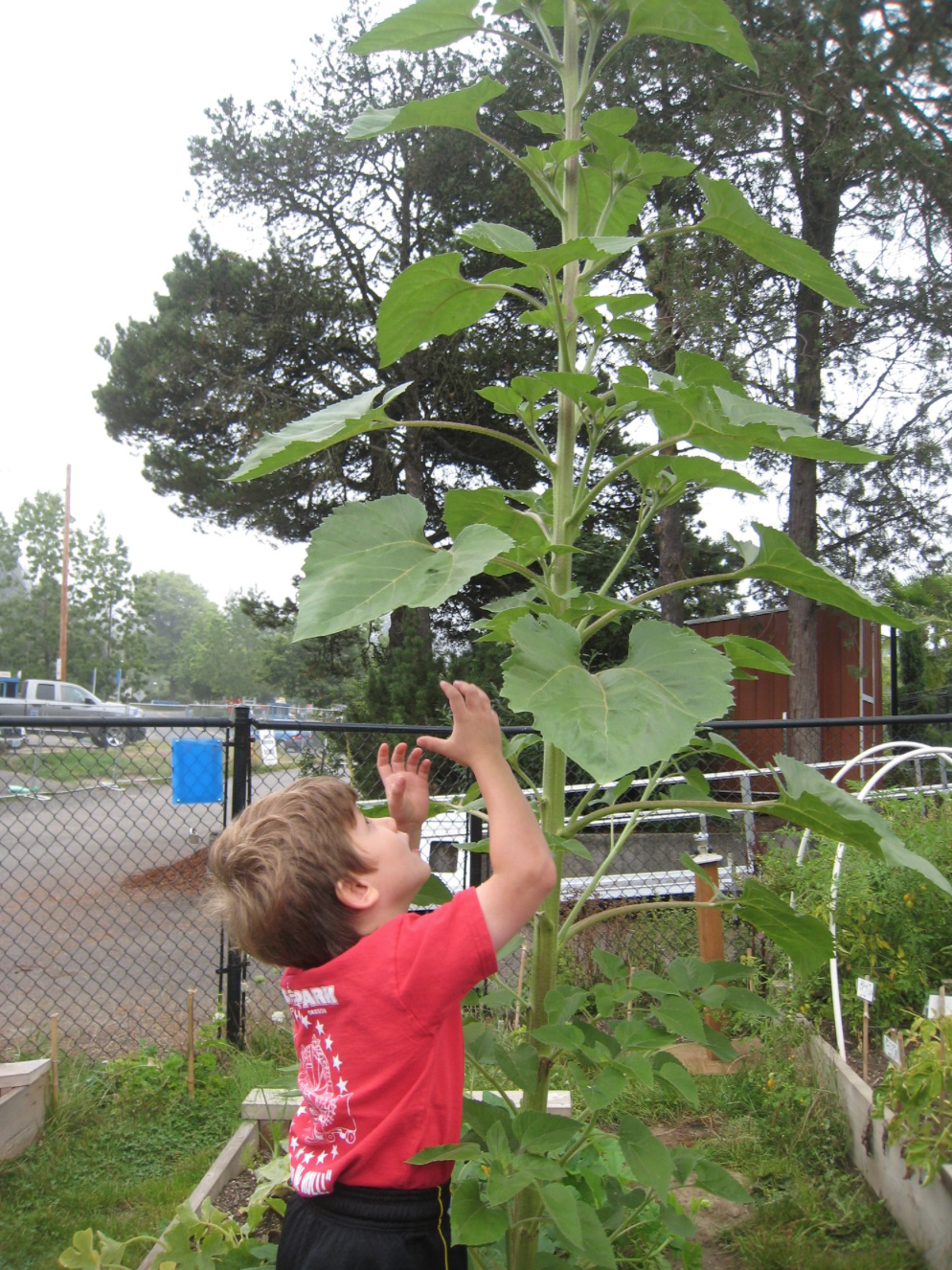Playing in the woods, saving the world, like family

Last week, I joined the third graders on a hike into Hoyt Arboretum. They had been asking to go to “Fishy Pond” – a name I didn’t know, but which I had a strong hunch belonged to a place I had traveled to with fourth and fifth graders last year. Before heading out, I had second thoughts – a weather advisory warned of high winds. Informed in a small way by my memory of the same day thirteen years earlier, when human atrocities led me to cancel a trip to the woods in a decision that I later regretted, my colleagues and I decided that conditions were safe to walk the trails. I asked the class how their exploration might be tempered by the winds: they responded by making sure that we had supplies to build kites if the conditions were right. The spirit with which we traveled emerged even before we left the room.
When we got to Fishy Pond, the kids immediately jumped into play. N began digging about, freeing up the waterway, turning what looked like a dry creek bed into a free-flowing stream. M, B and A went bushwhacking, taking on daring deeds to earn imaginary badges. In no time, almost everyone was covered in muck. L took off his shoes and filled them with leaves and branches, thinking that might make them less slippery. When it was time to leave, T yelled, “Hurray for Opal 3! We are heroes!”
Reflecting afterward, Kathryn was overwhelmed with emotion. New to Opal School, her previous teaching experiences had left her thinking that her role in such a setting principally demanded that she tightly supervise, set limits, and restrict movement. Because she was there with another teacher, she allowed herself instead to observe the children, to play and create with them. She was reminded of her own childhood. She wrote, “the experience and freedom to discover who we are and explore on our hike today was such a beautiful experience. It felt like family, because we behaved like family.”
I was reminded of last week’s adventure at Metro’s Regional Nature Play and Education Symposium. Speakers advocated for the rights and essential need of all young people to experience the connectedness, collaboration, adventure, and imagination that come with Nature Play. Project Wild Thing’s David Bond provided startling statistics regarding the negative impact of far fewer young people having those wilderness engagements than their parents due to barriers of fear, technology, and consumerism. Peter Mortola talked about what play is and why it’s important. He started with David Hockney’s admonition that “people tend to forget that play is serious” – and suggested that the value of play is dismissed is because it is associated with children. He reminded the group that while we may get scared of play because it gets messy and risky – because it’s so real – that’s where its power lies: Vygotsky wrote, “A child’s greatest self-control occurs in play.” Yong Zhao portrayed recent trends in American education as suicidal, saying that designing schools to homogenize people and stifle creativity is self-destructive. Play is an antidote to this – and fosters the entrepeneurial creativity that he thinks distinguishes America from China.
In our Intermediate Studio last week, students approached William Stafford’s poem Malheur before Dawn. Looking at the last lines, eight year old Z said,
Maybe it means like other people might see something like this and the save the world part means not having a lot of wilderness taken down and building giant buildings and stuff- what it looks like to take away animal’s habitat. If people experience that they won’t take it away.
Landscape architects (including Michelle Mathis, a leader in the field who worked closely with Opal School to design our new playground) described a continuum of nature play spaces, discussing models from around the greater Portland area. One they referred to repeatedly was Oneonta Gorge – a place I visited with my fourteen year old son a day earlier. As we climbed over its giant log jam on our way to the waterfall, I kept thinking about times we had gone there with him and friends in younger years, struggling over the towering logs, trying to keep balance, hoping that we wouldn’t fall, thankful to be in a beautiful place, behaving like family.
Related:
Importance of Nature Play (Video)
Field Guide to Hoyt Arboretum (Book & DVD)
What About Play? (Book & DVD)
